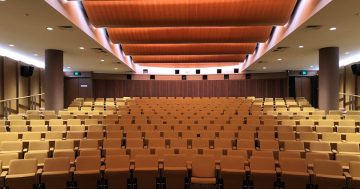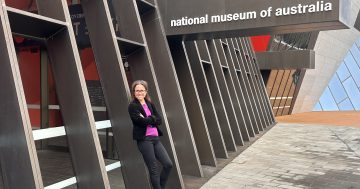Reviewed by Rama Gaind.
By Fiona Wright, Giramondo Publishing, $29.95.
 Wright’s follow-up on her award-winning essay collection Small Acts of Disappearance looks into some areas of passage in our lives.
Wright’s follow-up on her award-winning essay collection Small Acts of Disappearance looks into some areas of passage in our lives.
One may not think about this on quite this level, but consider our homes and bodies as our shelters, as each one is familiarly a part of the other. Not all of us would be comfortable in that mould; there are those who could well feel anxious and disconcerted within these confines.
Wright scrutinises our habitat and remembers the familiar spots found in our homes and suburbs. Reflection time is also opportune because our surroundings will not be the same forever. A time will come when we move through them and away from them into the wider world yonder as we dedicate ourselves to the habits and formalities that make up our lives.
These stirringly personal essays contemplate how all consuming the engagement with the ordinary can be, and how even small coincidences and connections, can brighten our lives.
As Wright explains: “There are two main threads of essay that run across the book. The first are more traditional essays, that grapple with ideas and material drawn from literature, media, science, psychology and technology alongside personal stories and landscapes important to us … the second are more fragmentary, built of small interactions and encounters, which work together to map a number of different suburban and urban spaces to build up an account of the everyday injuries and ambivalences of chronic ill health and what it mans to live with or alongside mental illness”.
A lot of the essays are set in the inner and southwest suburbs of Sydney. Other writings move to the Iceland volcanic coastline and the mega-city of Shanghai.
One way of explaining it is this: “the essays are poetic and observant, and often funny, animated by curiosity and candour. Beneath them all lies the experience of chronic illness and its treatment and the consideration of how this can reshape and reorder our assumptions about the world and our place within it”.











